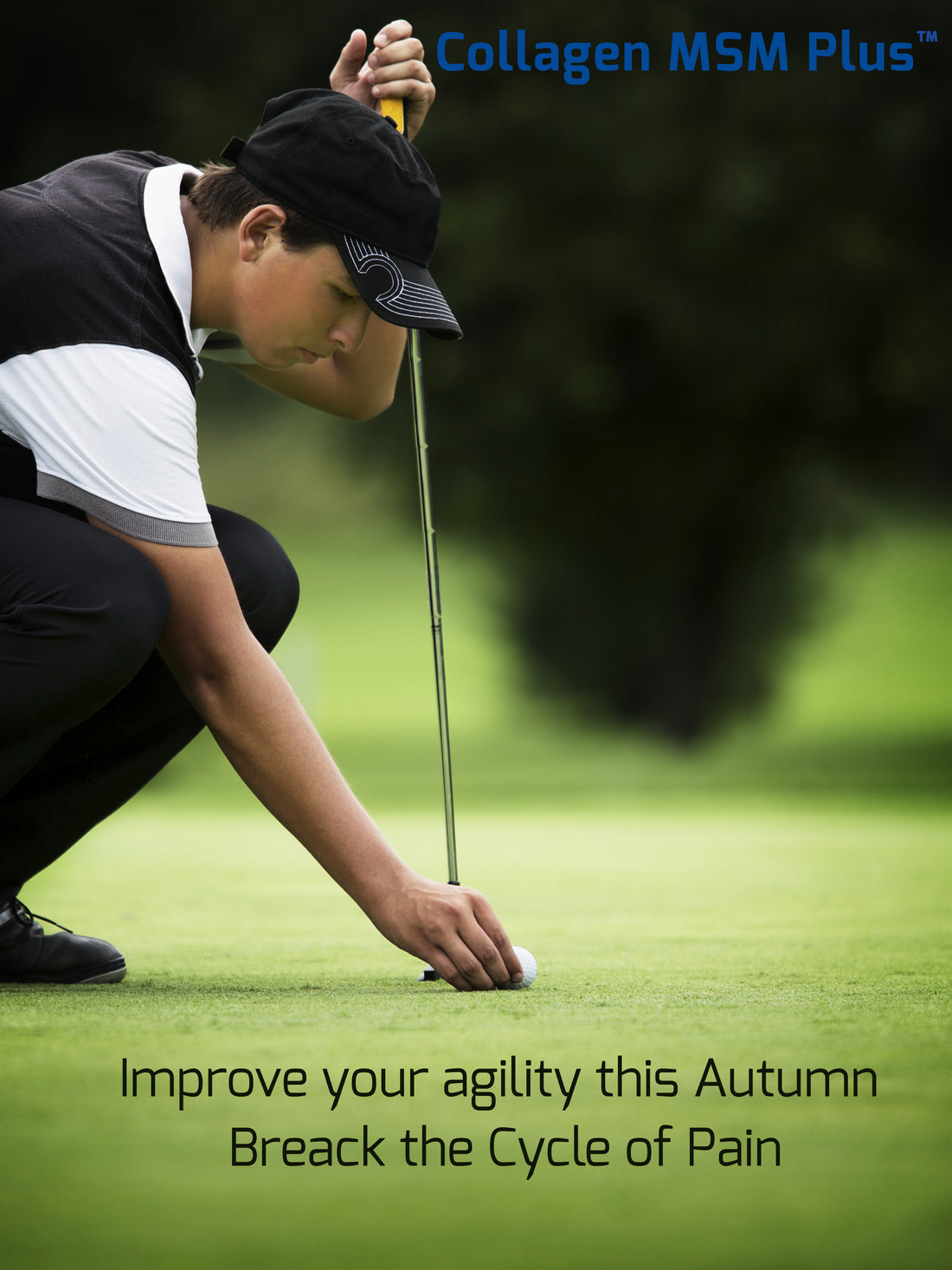The impact of body pain is not limited to physical discomfort, but presents a challenge for sufferers’ psychological well-being. Studies have shown that sufferers can be trapped in a ‘vicious circle of pain’.
Not only is anxiety a result of pain, but for some, it can aggravate it. To help break the vicious circle of pain various treatments can be followed. Holistically this can range from diet, exercise, supplements, and even therapy. To improve the agility, and mobility of a person’s body, thus contributing to the diet, and exercise.
Stress-related Muscle and Bone Pain
Pain in the muscles and joints is often associated with stress. Musculoskeletal pain localised in the lower back, shoulders, and arms appear frequently to be unrelated to any disease and thus bear all indications of having a psychological relation. Researchers even believe that an increase in this type of pain is in an increase in the proportion of the population who are psychologically distressed.
There is no denying that multiple factors such as psychosocial environment, individual personality, specific behaviours, and mental stress can affect pain.
Stress, Mental Health and Pain
Physical pain and psychological disorders such as depression, stress, anxiety often exist together and its a vicious cycle.
Around 30% of individuals who report pain are diagnosed with clinical depression, 75% of patients diagnosed with depression also suffer from physical symptoms, including pain. Even negative interaction with one’s spouse has been correlated with the sudden appearance of pain symptoms in otherwise healthy individuals.
Finally, the World Health Organisation’s studied 3197 randomly selected primary care patients in 14 countries, which expressed a strong relationship between persistent pain and psychological disorders.
The evidence is mounting! Stress has been related to worsening, prolonging and maybe even causing pain. This is why finding adequate ways to relieve your stress is so important.
Reference:
https://doi.org/10.1016/j.jpsychores.2009.03.010
https://www.ncbi.nlm.nih.gov/pmc/articles/PMC4795524/
https://www.ncbi.nlm.nih.gov/pmc/articles/PMC4198088/

